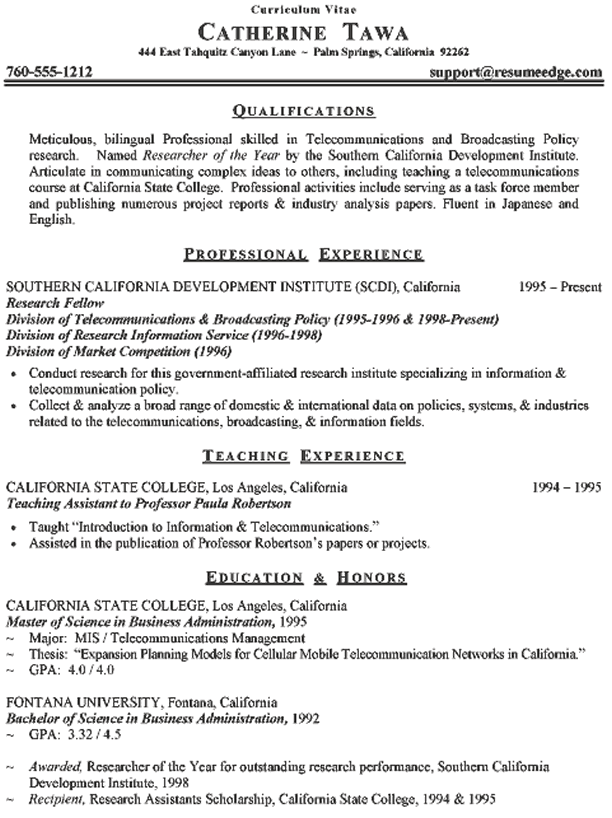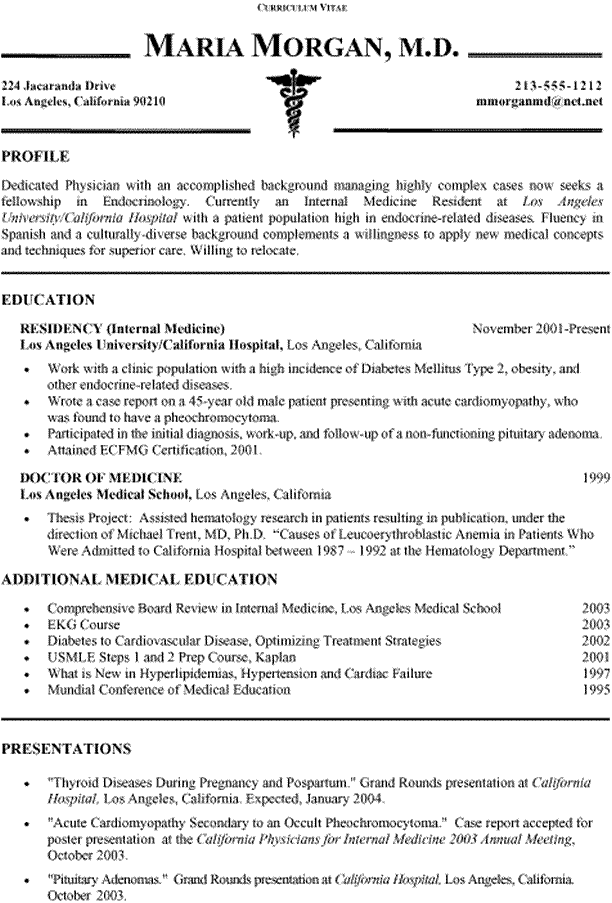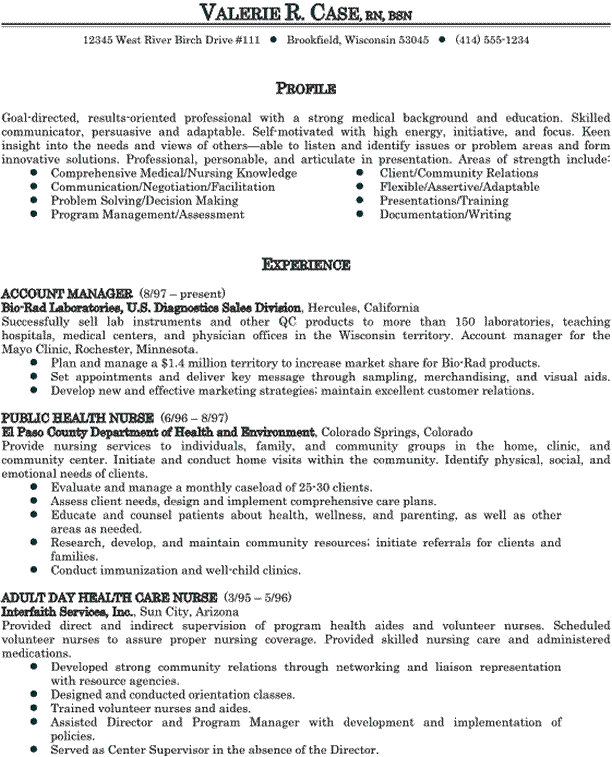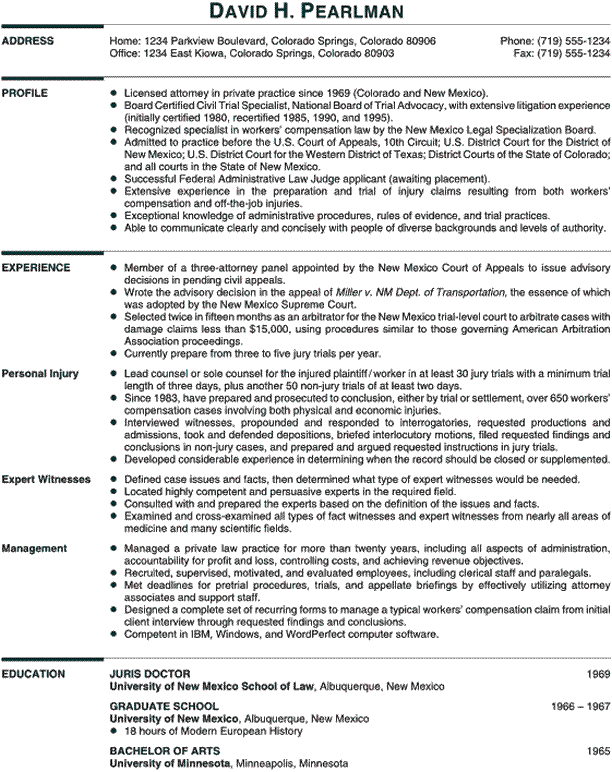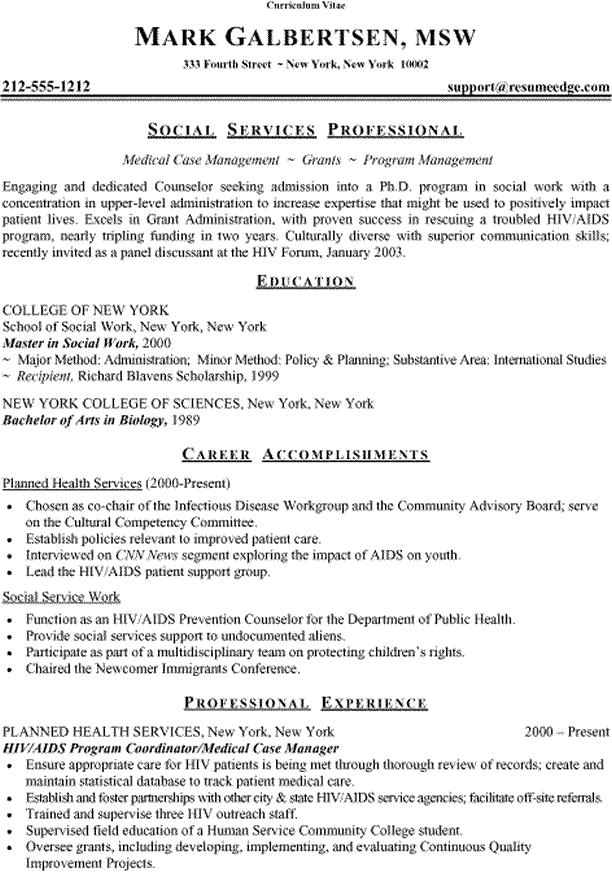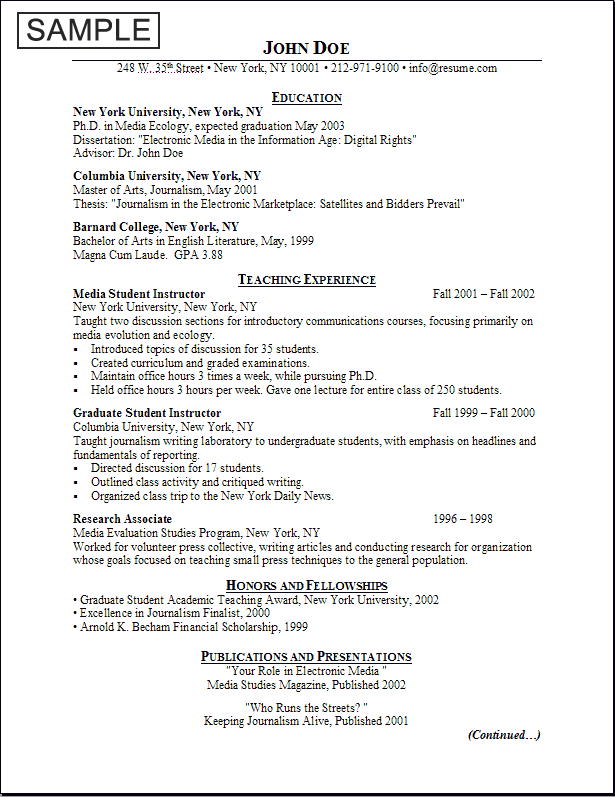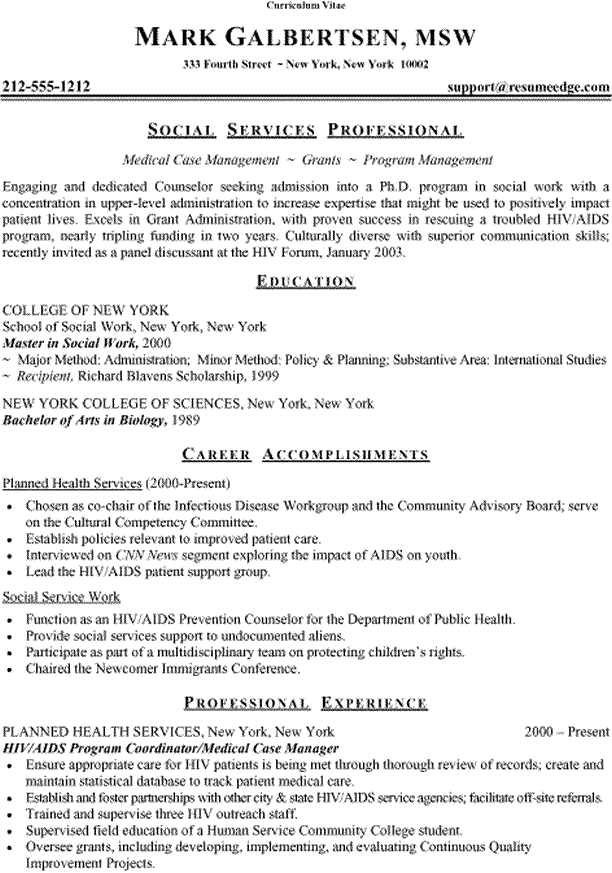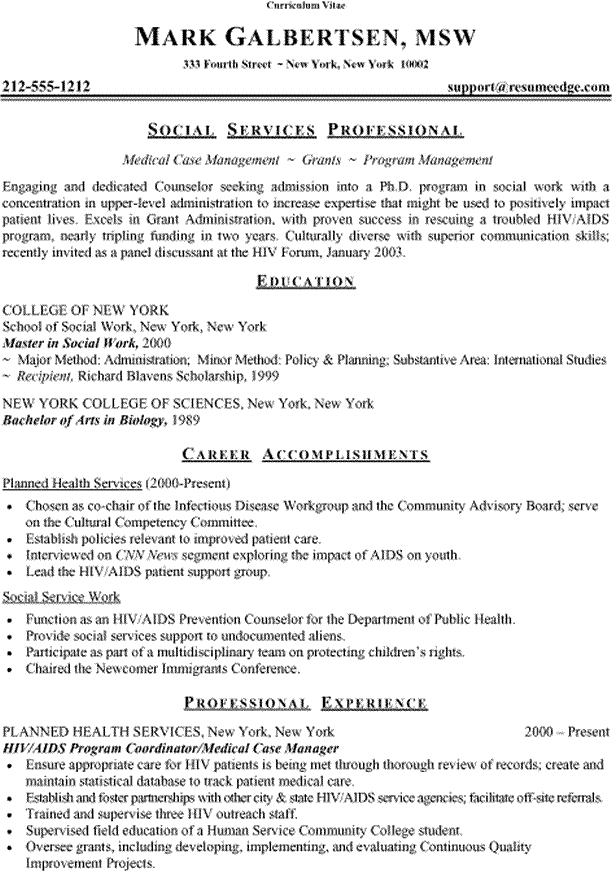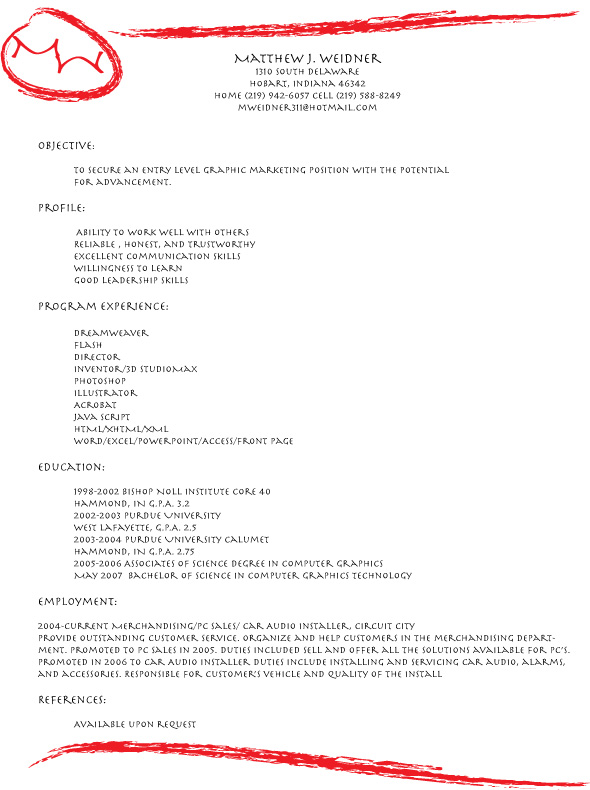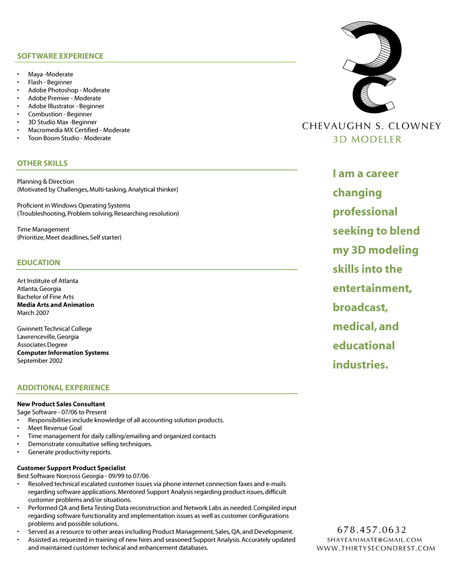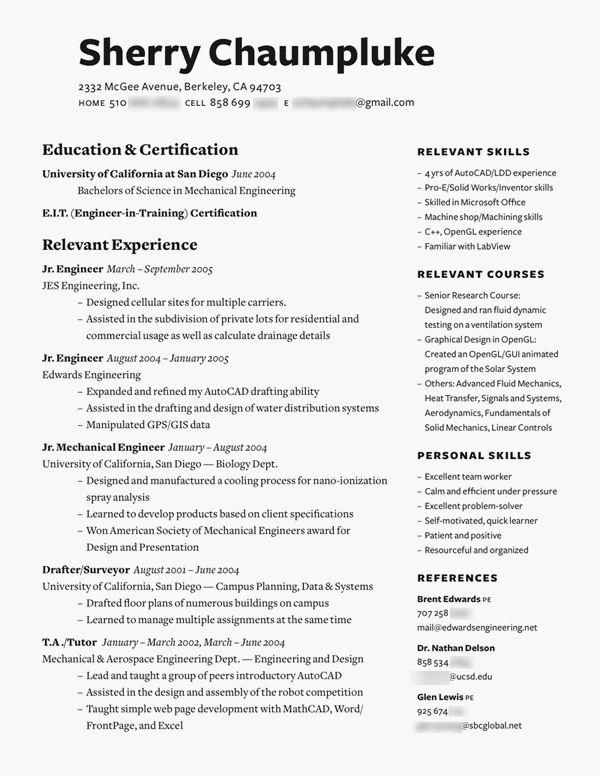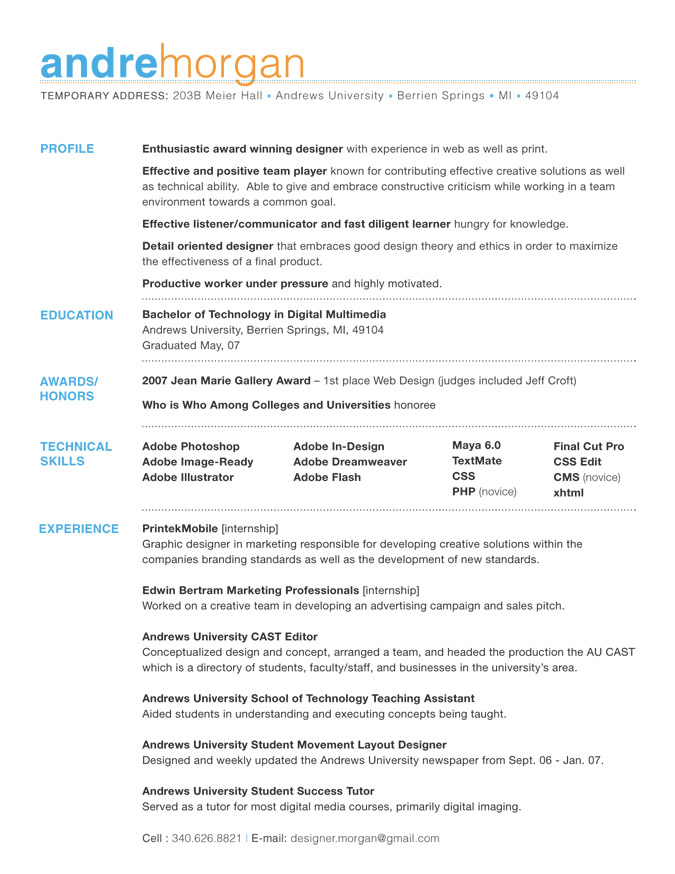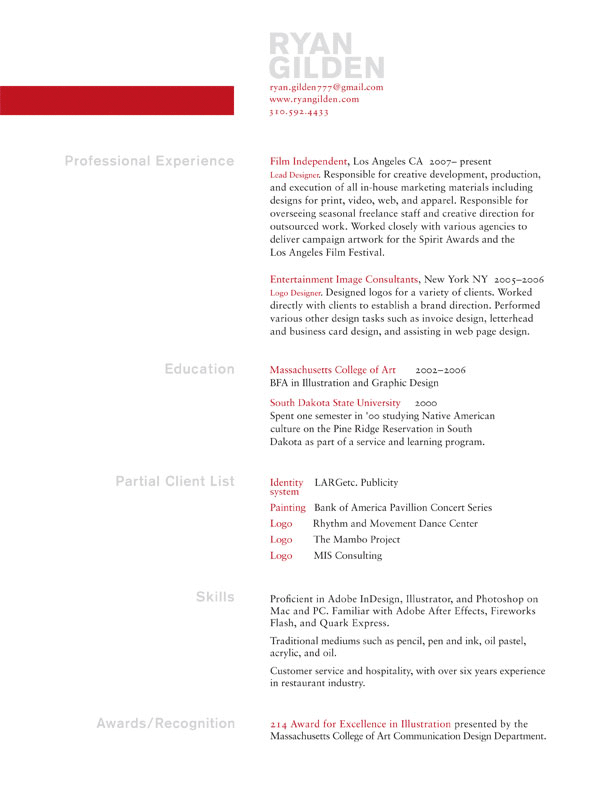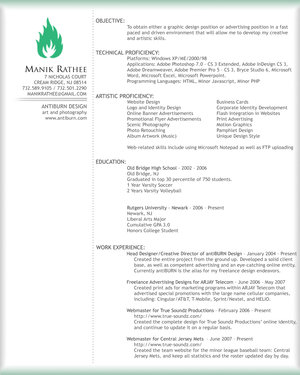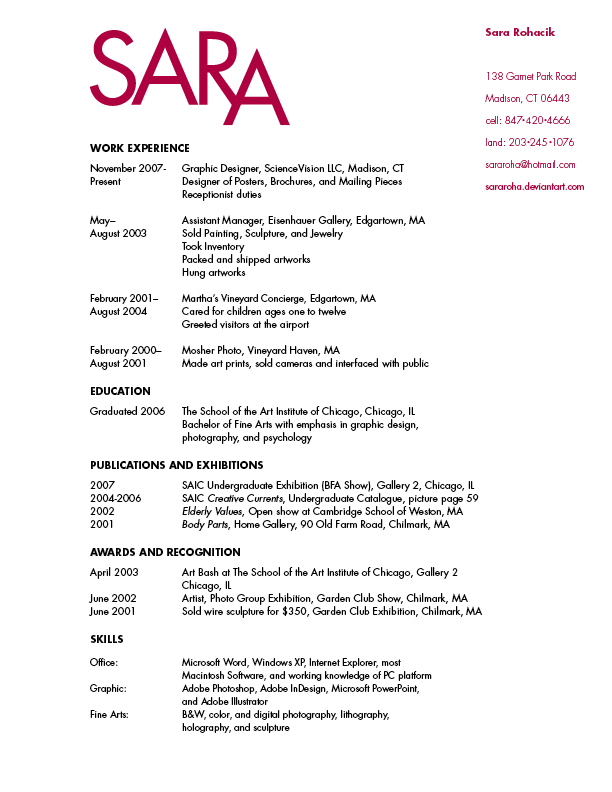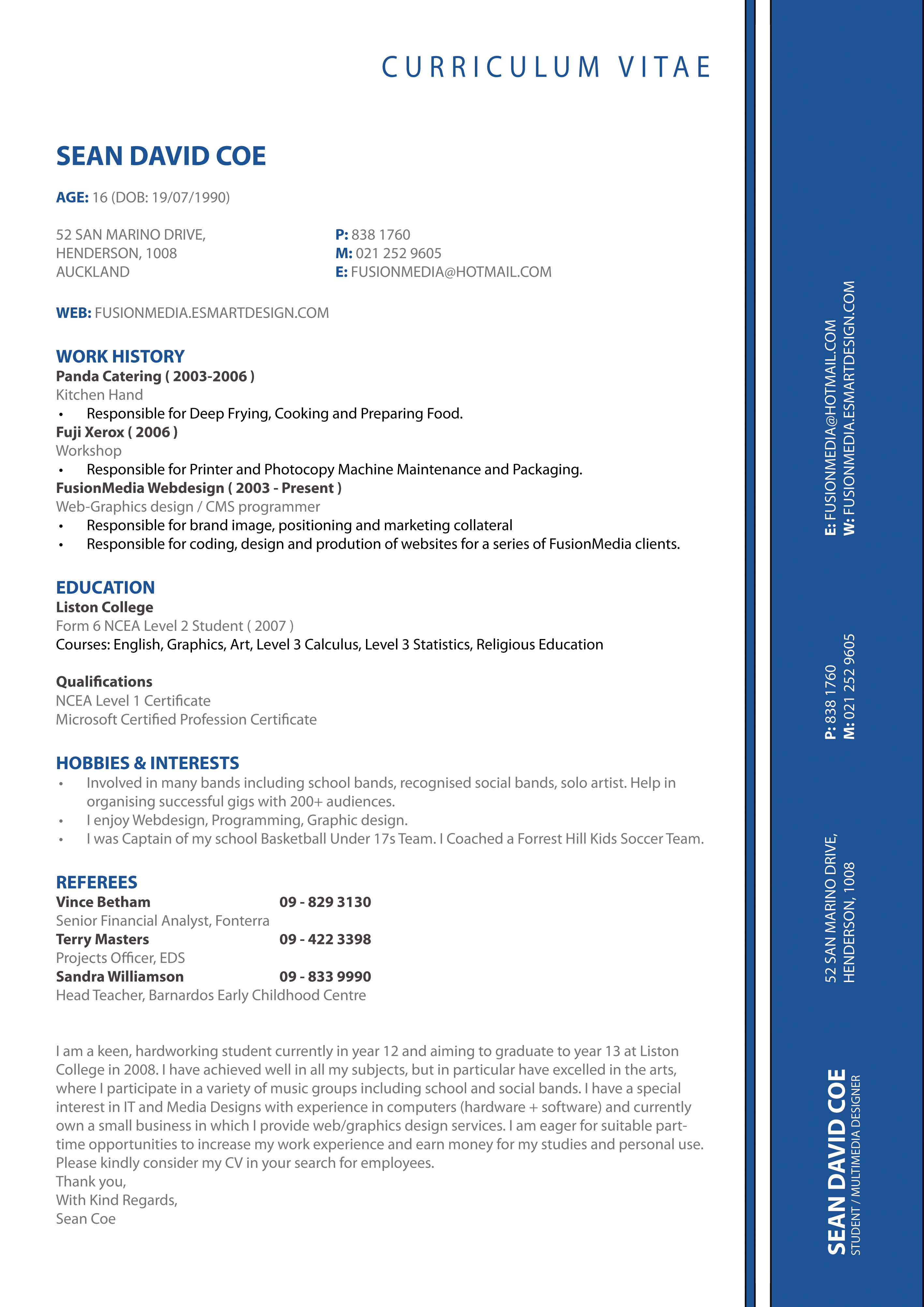“The things you own end up owning you.”
-Tyler Durden, Fight Club
Did you know that the average home size in the US has more than doubled in recent years? According to the National Association of Home Builders, the average new home was only 983 square feet in 1950 – compared with 2,349 square feet in 2004! And yet we *still* often have trouble stuffing everything we own into our houses. With all that extra space, it’s getting harder than ever to organize everything we own as well. Our culture has embraced bigger is better, more is better.
Recently though, there’s been a backlash. I’ve noticed more authors talking about simplifying away from the inconsequential many – and getting back to the important few, such as Leo Babauta’s recent book The Simple Guide to a Minimalist Life. Have you also felt the need to get back to what really matters? Do you sometimes feel overwhelmed by the task of organizing – and decluttering – all the stuff you own?
Imagine working in a clean, organized work environment where you can find things easily – and have clear space to get what you need done. I’ve found that knowing where everything is, and keeping my home and work space free from clutter helps me concentrate better and be more productive.
How To Organize Your Life and Declutter – A Step By Step Guide to Organizing Your Home
Begin With The Goal In Mind. What do you want to accomplish? Down to 100 things? Use every thing at least once every month? Every six months? I recommend you start off with the goal of only keeping things you are committed to using this year. Also set limits on how much seasonal clothing, etc you’re willing to keep. The easiest way to do this is to see how much storage space you already have (or are willing to have). Have an overflowing closet? Perhaps commit to only keeping what fits in the closet – or purchase some drawers. You don’t have to get rid of items – but I recommend having a place to store everything. Unsurprisingly, if you pick up a copy of my free personal development course, personal development 101, we similarly start by determining what it is you want in life.
Set The Ground Rules. Before you come across an item, decide on the criteria you’ll use to decide whether it stays or goes. How many “backup” items do you need? What’s the plan – will you donate, or try to sell the excess clutter? I recommend picking a donation area and just taking clutter immediately there. Too often if we say we’ll try to find a good home for it, the clutter ends up in a no man’s land tucked away in a corner. We’ll rationalize we’re not “keeping it” – we’re just trying to find someone to give it to. Life is too short, and there’s more organizing to be done – so just donate it, get the tax write off if you want, and move on.
Pick a Single Point of Focus. Don’t try to organize your whole house at once: pick a single location. I like to start with the bathroom. It’s easy for me to pick out what is going to be used and what isn’t – and (for me) there usually isn’t very much excess to get rid of except for wayward travel supplies and the like.
If It’s Overwhelming, Schedule It In – and Set a Timer. If you have a few hours and a small amount of organizing, you can try to finish it all at once. Sometimes though, if it’s a large amount of work, it can overwhelm us. We look at the the scale of the task and think to ourselves “I’ll never be able to do that!” – so we don’t even start. Don’t fall into that trap. As I talked about in my recent article about keeping your dreams alive, even spending just a few minutes a day makes a difference. Schedule a regular decluttering block of time, and then set a timer and perhaps declutter for 15 or 30 minutes. You’ll be amazed how much you can clear in a short amount of time, and organizing every day will also help make it a habit.
Get Boxes or Garbage Bags. Don’t just sort the piles into more piles. Physically take the clutter you are going to donate (or otherwise remove) and place it in garbage bags. I recommend starting with three bags: trash, donations, and “other room.” Trash is items you don’t need and can’t be reused, donations are items that are in working order but that you no longer use. Sometimes I’ll find something that’s not really clutter – but it doesn’t belong in the room it’s in. If it is fragile you can immediately relocate it to another room, but in general I recommend not breaking your flow – take the excess items and place them in the “other room” bag to be sorted post organizing and decluttering.
Designate an “Out of Place” Area. If you can, designate an area in the room where you can put items you find in the room, that need to stay in the room to be organized. For example, you might be organizing your office and come across a stack of paperwork. You don’t want that to derail you, so place that in a pile to get to later – hopefully once you’ve cleared some desk space so you CAN deal with it! I typically reserve a box for this. As I’m organizing, if I find something that I need to deal with, but is going to take a long time to organize (for relatively little space cleared) I don’t break my flow for it – I just put it in my box and continue on in the section I was working on.
Go In One Direction. Some people may disagree, but I like to have a very thorough, systematic approach to organizing and declutterring. So for example, I’ll start by the door and work all along one wall – and that may be all I do for the day. I’ll completely organize everything that’s over there, and if something doesn’t belong there, I relocate it to either my “other room” trash bag, or I move it to my designated area in the room for items to organize.
Finish Up – Clear The Trash and Donation Bags. That’s it – just repeat Steps 3-7 until your timer goes off. Then deal with the donation and trash bags – and if you want, deal with the items in the “other room” and “out of place” pile. Remember, those items were clutter to begin with – so having them in separate boxes and bags for a little while doesn’t hurt.
Once Cleared, Designate as DCZ: DeClutterized Zones. Once an area has been cleared, make sure you don’t add clutter to it. For example, I might clear off a counter in the kitchen one day, and designate that as an area where no mess can be left. Slowly as I keep organizing and decluttering, this zone expands until the whole room is clear and organized.
How To Declutter Individual Items – Common Reasons We Hold On To Stuff
“Stuff has gotten a lot cheaper, but our attitudes toward it haven’t changed correspondingly. We overvalue stuff.”
– Paul Graham
So while you’re decluttering, how can you decide what stays or goes? Here’s some advice on specific objections and reasons you may be holding onto clutter:
I Might Need It. I’ll let you in on a secret – I’ve given away literally hundreds of items that I thought I might need someday. In over ten years of ruthlessly clearing out items, so far the only item I missed was a small toolbox, because I moved and needed a wrench to unscrew a light fixture. I’ve never missed any of the clothes that were taking up space in my closet, the random kitchen things I never used, or all those books I was holding onto to read “someday.”
It Has Sentimental Value. This is the area I struggle with the most. I have a very difficult time getting rid of sentimental reminders. In the end, if I’m not displaying it, and I’m not using it – I give it away. Rather than keep lots of items, I try to display sentimental items for a year or (in cases of small items) even a few years. After that, I only hold onto a select few. People have suggested taking pictures and removing the item once it becomes clutter. This is difficult for me to do, but so far not only have I not missed the items – I rarely even look at the digital pictures of them.
But They’re Pictures – My Memories! I only have a small number of physical photos - but if you have many, consider archiving them digitally, and keeping only select ones in albums or on display. They’re not doing anyone any good sitting upstairs in the attic or crammed in a corner, hidden away from people.
I’m Going To Fix It. Before we even talk about whether it’s worth fixing something, consider this: ask yourself – if it was fixed, would I really need it? Very often the answer is no – something has been broken for months, and you haven’t missed it. You’ve just been weighed down by the commitment you’ve made to yourself to fix it. Let go of the commitment – and let go of your broken items. If you insist you will fix it, give yourself a deadline. Write an exact date and time on a post it note and stick it to the item. Stick to your deadline – and get rid of the items if they aren’t fixed by then.
It Was a Present. Sometimes we get gifts that don’t have sentimental value – but we just feel guilty getting rid of. If you are holding onto something because someone gave it to you and you would feel guilty tossing it, realize that it’s not the physical items you are holding on to – but rather the feelings and friendship. Once you accept that, you can just get rid of it (donation or otherwise) – I’ve never had a friend ask me where their gift went. If you have a hard time doing that, you could try and find a friend or family member who would enjoy and use the item – but I recommend really accepting that you don’t need the physical gift and just letting it go. This lesson took me a long time to accept, but I have been much happier since.
These Are Important Documents. This is a really difficult one for me as well. I personally have tried to move all my important paperwork online, but there are some items that I keep physical backups of. My approach has been to designate a storage area in my bookshelf and purchase a number of 3 ring binders for some of these must-haves. However, I do regularly clear out other paperwork – invitations, Christmas cards, business cards, magazines, etc. Non “official documents” should be treated like any other clutter, no matter how small it is.
It’s not MY Clutter. Got a messy roommate, significant other, etc? That’s a tough situation – and is more in the realm of house politics than dealing with organizing items. The strategy that has always worked for me is I’ve had my own room in shared apartments – and the agreement has been, keep your mess in your room. Perhaps a similar agreement will work for you. Another way to compromise is pick a few activities that really bother you – for me, leaving dishes out and not taking out the trash are the worst offenders, so I insist on those while not picking fights with roommates over other less egregious offenses. I don’t mind the newspapers, magazines and books left out.
I’m Holding on to it For Someone. The first step here is – stop doing that! Your home is not someone else’s storage. As for items already in your home, just contact people and ask them to take the items. Often you’ll find they’ll tell you they no longer want it, or have even forgotten they left it in the first place. If they insist they can’t take it, and you must store it for them – again, that’s an issue that is more interpersonal relations than it is clutter. I suggest perhaps giving them a reasonable deadline by which to pick it up, or it goes to charity.
A Philosophical Discussion – Why Do You Have Clutter?
“In a sense, clutter is the end result of procrastination”
– Jeff Campbell
As we close, I’d like to give you some thoughts on keeping clutter out of your house – and talk a bit about my mindset and the reasons we collect things in the first place. Very often, clutter doesn’t come just because we like stuff. We collect things because they represent aspects of our lives – extensions of our personality, physical reminders of places we’ve been, dreams we wish to achieve. For example, I have a guitar, weight training equipment and my laptop because these are all items that I use in my life and they represent the person I am today.
I recently organized some of my things, and came across some of my old textbooks. Textbooks (and books in general) are hard for me to get rid of. They were so expensive to buy in college, and I always thought I would refer to them and use them in my work. I finally gave them away, but I wondered: Why was I keeping them?
I think the fundamental reason was this: it represented some of the possibility in my life. We all love dreaming of what might be, of things we might use, of experiences we might have with loved ones. Even those business cards and unread books on the bookshelf – all possibilities, adventures we may one day embark on.
I’d like to suggest to you that clutter loses its value, and its possibilities very quickly over time. If you haven’t used something for a week, you are unlikely to use it next week. If you haven’t used it in a few months, it’s not likely you’ll use or need it in the months that follow (excepting seasonal items). And items that we haven’t used in years – what are the chances we’ll actually use them in the coming years?
I suggest clearing out the excess, and organizing the essential that you will regularly use. Either start using the items regularly – or declutter them. In doing so, you’ll once again enjoy some of the items that have been sitting gathering dust – and also feel a great weight lifted off your shoulders as you let go of some of the things you no longer use, to make space for new items to come into your life, as you find new dreams, passions and hobbies.
